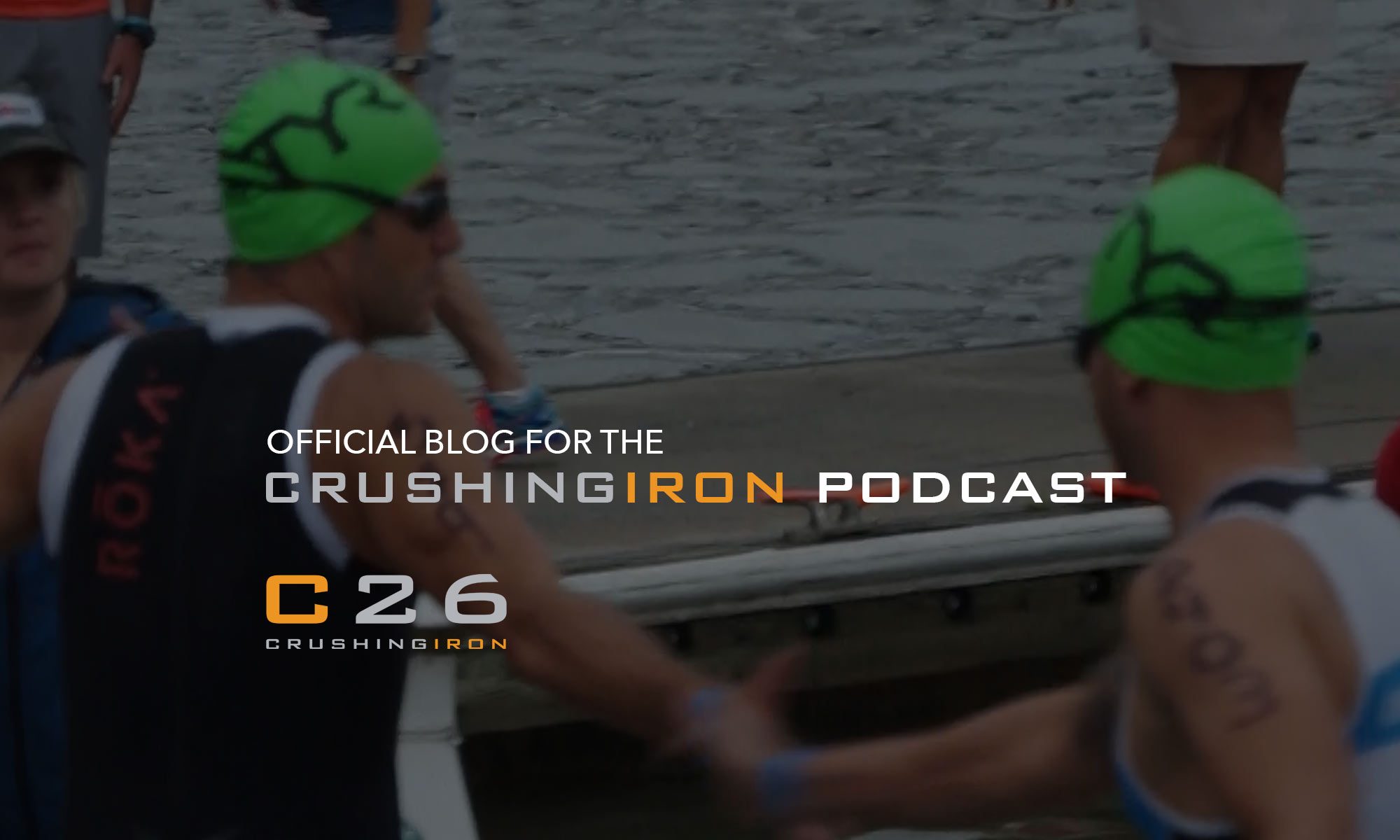Yesterday I was driving by the YMCA and decided to go for a swim. It was a chilly day and I stood in front of my locker in underwear, shivering.
My gym bag and swim trunks were sitting on the floor and I was literally 30 steps from being in the pool. That’s when my mind started with the games.
“Maybe you should just go for a run, or better yet, hop on the trainer in the warm living room when you get home.”
I was dumbfounded by the ridiculous, but powerful dialogue that nearly convinced me to get dressed and leave. Thankfully I remembered Steven Pressfield’s book “Do The Work.”
Pressfield talks about what he calls “resistance” and how it’s on a constant mission to keep you separated from your dreams and goals. He labels resistance as: fear, self-doubt, procrastination, addiction, distraction, timidity, ego and narcissism, self-loathing, perfectionism, etc.
Somehow I managed to beat resistance by simply reaching down, sliding into my cold shorts, and walking toward the pool. What happened next turned into one of my better swims of the year.
How do we go from having virtually zero physical desire to excelling in the swim, bike or run that follows? It made me wonder if in those moments we are holding onto massive tension in the form of pent-up energy that is disguised as lethargy and disinterest.
It was different than “being tired” or feeling overworked. I felt more tense and constricted. That cold-kinda-feeling that says, “stay in bed.”
It was a perfect example of “not” listening to my body, but more often than not, I do.
I have a long history of stopping a workout when I know that I could go further. Yesterday’s swim was a good example.
I’m still working back into swim shape, so I set out to go 2,000 meters. A comfortable, controlled swim to re-gain form and confidence. Around 1200 I felt an excellent rhythm and decided to stop while I was ahead.
Two thousand meters felt like it was in the bag, but I wasn’t in the mood to risk any kind of exhaustion. It was all I needed and in the Ironman-game, pulling back is one of the toughest things to do.
It’s kind of like wearing a watch to make sure you go slow enough.
Finishing an Ironman doesn’t happen in one day. Sometimes it takes years to do it right, but a lot of us, including me, tend to rush it. Not only the first, but the next and next. This is a sure fire way to burnout.
On today’s podcast, we talk about long-term progression, maintaining the spark, and when putting off Ironman for shorter races is a good decision.
We also talk about why Lionel Sanders (the man with the fastest Ironman time in history, 7:44:29) is passing on KONA in 2017.
And, there’s Mary Keitany of Kenya who’s won the New York City Marathon three consecutive times, but seemingly scoffs at the idea of any real “formal” training.
Enjoy our latest podcast: Listening To Your Body
